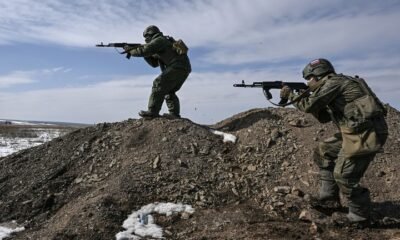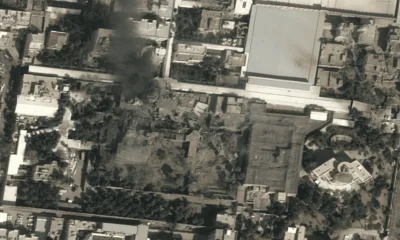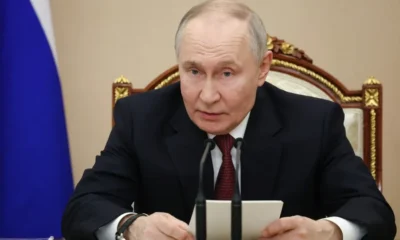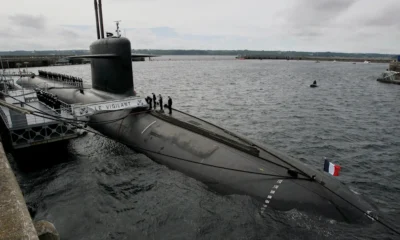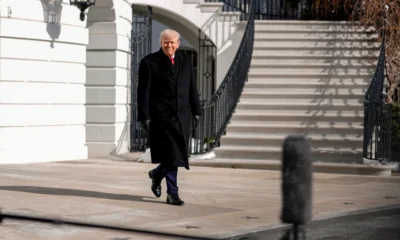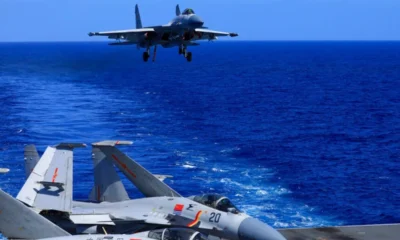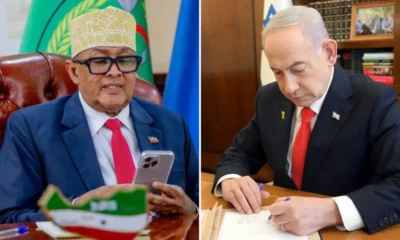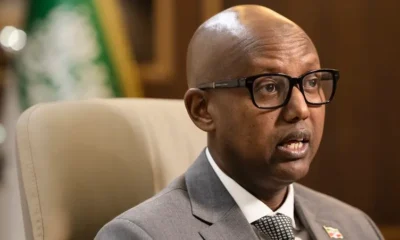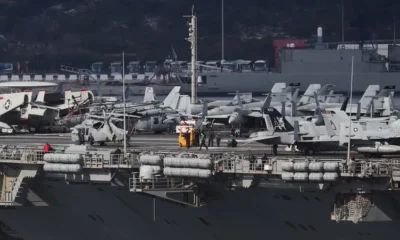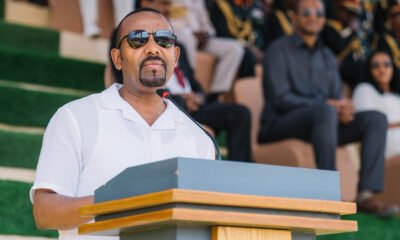Strategic Analysis
Ethiopia and Russia Deepen Military Ties as Defense Talks Open in Moscow

Military, technical cooperation emerges as cornerstone of Ethiopia-Russia strategic partnership amid growing global realignment.
The 14th session of the Ethiopia-Russia Intergovernmental Working Group on Military-Technical Cooperation opened today in Moscow, marking a pivotal moment in the accelerating military alliance between Addis Ababa and Moscow. The Ethiopian delegation is led by State Minister of Defense Martha Luwigi, who reinforced that military and technical cooperation remains “a key pillar” in the longstanding strategic partnership between the two nations.
In her opening address, Luwigi underscored the critical role of defense collaboration in Ethiopia’s ongoing effort to modernize its armed forces, increase indigenous defense production, and improve technological autonomy. “This platform provides an avenue to not only evaluate our past engagements,” she stated, “but to actively advance capacity-building and technology transfer to strengthen Ethiopia’s defense readiness.”
Her Russian counterpart, Anatoly Punchuk, echoed the sentiment, emphasizing Moscow’s readiness to expand cooperation, including joint military training programs, defense manufacturing, and high-level technology transfers.
Strategic Implications:
This deepening alliance between Ethiopia and Russia comes at a time of growing multipolar competition in the Horn of Africa, where the United States, China, Turkey, and Gulf powers are also vying for influence. Ethiopia, still recovering from the Tigray conflict and amid strained relations with the West, appears to be pivoting East for both diplomatic leverage and military modernization.
Russia, for its part, views Ethiopia as a strategic African partner with continental clout, particularly through its leadership role in the African Union and its geographic position near the Red Sea. Strengthening military ties serves not only economic interests but also enhances Moscow’s geopolitical footprint in East Africa.
Notably, the defense talks come just weeks after Russia handed over two major geological atlases to Sudan and amid increasing Russian presence across African conflict zones and mineral sectors. Military-technical alliances are fast becoming Russia’s preferred mode of engagement on the continent, offering arms, drones, and training in exchange for access and loyalty.
For Ethiopia, which faces internal insurgencies, border instability, and regional rivalries, Russia’s support is more than symbolic. It is a pragmatic pivot to a partner unconcerned with human rights conditionalities or Western-style democratization mandates.
What’s Next?
The Moscow meeting is expected to yield new bilateral agreements on arms sales, drone technology, and intelligence sharing, and may lay the groundwork for joint defense ventures or localized weapons production in Ethiopia.
As global alliances shift and African states seek more autonomous security arrangements, the Ethiopia-Russia military axis could become a blueprint for non-Western defense diplomacy in the 21st century.
Ethiopia is not just hedging—it’s realigning.

-

 Somaliland1 month ago
Somaliland1 month agoF-35s Over Hargeisa: The Night Somaliland’s Sovereignty Went Supersonic
-

 Somalia1 month ago
Somalia1 month agoAid Destroyed, Trust Shattered: Somalia Loses U.S. Support for Good
-

 Terrorism1 month ago
Terrorism1 month agoForeign ISIS Pipeline Exposed: Puntland Captures Dozens of Non-Somali Fighters
-

 Somaliland1 month ago
Somaliland1 month agoSomaliland at Davos: The Moment Somaliland Entered the World’s Inner Circle
-

 Terrorism1 month ago
Terrorism1 month agoAmerica Pulls Back From Somalia but Doubles Down Next Door
-

 Top stories2 months ago
Top stories2 months agoSomali Pirates Hijack Chinese Fishing Vessel off Puntland Coast
-
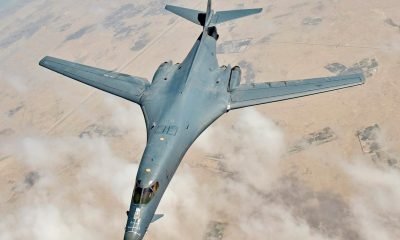
 Middle East2 months ago
Middle East2 months agoUS War Plans Against Iran Enter Advanced Stage
-

 Opinion2 months ago
Opinion2 months agoTurkey’s Selective Morality: From the Ruins of Gaza to the Red Sea

